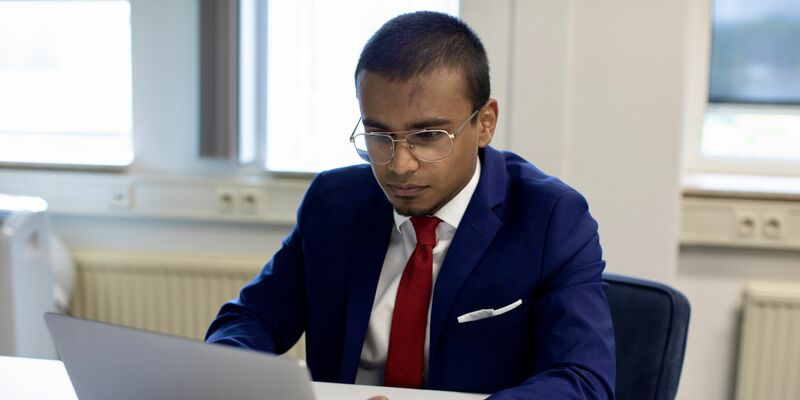The integration issue
When it comes to integration, will expats soon find themselves next in line behind gastarbeiders and refugees? I am afraid so….
After the Second World War many hands were needed to rebuild our country. These hands came in the form of gastarbeiders drawn from southern Europe, and later from Morocco and Turkey. (This German language term denotes that the worker's stay is intended to be temporary; having completed the work, they will leave the country. ed.)
Since they were gastarbeiders, there was no integration process to enable them to integrate into Dutch society. What happened? Their ‘guest’ status turned into family reunification and permanent residence in the Netherlands. Today, these former gastarbeiders often have grandchildren and even great-grandchilden in the Netherlands. These gastarbeiders themselves never needed to integrate because in those days it was not required.
After these gastarbeiders came refugees, from every corner of the world. My father was himself a refugee. He fled the civil war in Sri Lanka and once he was living here he wanted to learn Dutch and work. But it wasn't allowed! Nothing had changed; there was no integration process for these refugees to follow. As a result, this first generation of refugees never really integrated.
You would think that we would learn from the mistakes of the past, but nothing could be further from the truth! These days we are drawing gastarbeiders from India and other distant places so that they can do today's necessary knowledge-intensive work for us. We have changed the name gastarbeider to expat, nothing more. These are highly educated people who come here to work in our knowledge-intensive companies because in the Netherhands we produce too few highly educated technical ‘hands’.
So, have integration pathways now been set up for these expats? Here too, the answer is 'no'. It is assumed that expats will live here temporarily and will return to their own countries. But I can tell you now, based on my own observations this is a misguided assumption. These highly educated young people are building a life and career here. Why would they go back?
The difference with the gastarbeider is that upon arrival in the Netherlands the expats already have a well-paid job, a house and a car parked out front. In addition, all their communication takes place entirely in English. Why would they need to integrate? Especially if it is not encouraged, or if it is just as optional as it was for the gastarbeiders and refugees.
Whenever there's a problem, whether with rebuilding our country after the war or with maintaining our knowledge economy, we take people suited to the task from other parts of the world and bring them here. We offer these people no integration process and years later we start moaning that “these people aren't adapting”. Is it any wonder?
The solution, to my mind, is twofold: 1: Encourage expats to integrate into our society, and 2: Encourage young people to follow high-level technical and engineering education. “Do what you enjoy” is too permissive. We need to be more directive.
This letter to the editor is written by Aijiththan Loganathan, master's student of Innovation Management

Discussion